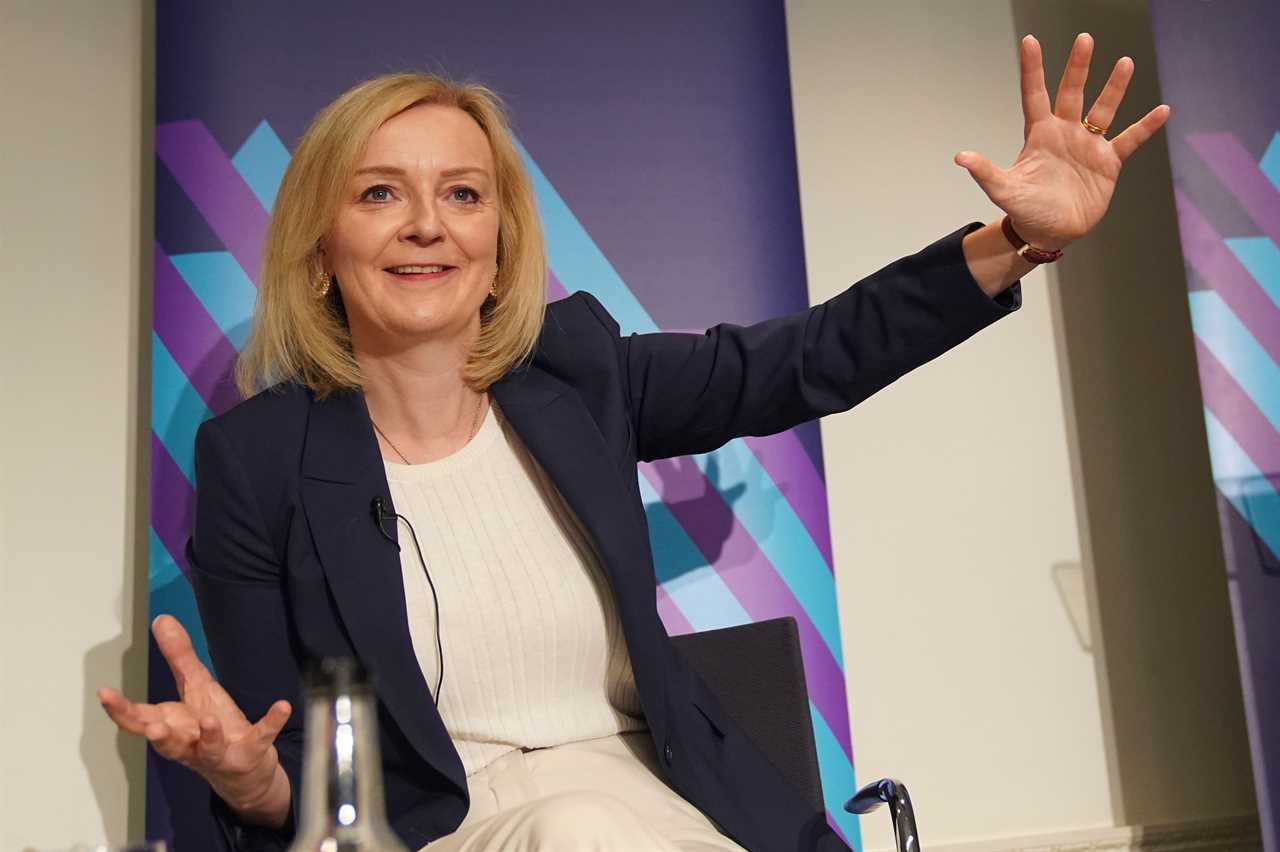
Truss compares tax-slashing bonanza to "slaughtering a pig"
Former Prime Minister Liz Truss has admitted that she went "too fast" with her pound-crashing mini budget, comparing the tax-slashing bonanza to "slaughtering a pig." Speaking in her first major speech on the doomed event since leaving No10, Truss conceded that she had tried to do too much in one go. "I didn't just try to fatten the pig on market day. I tried to rear the pig, fatten the pig, and slaughter the pig on market day. I confess to that," she said.
Truss blames "political and economic establishment" for mini budget failure
In her speech, Truss pointed the finger at the "political and economic establishment" for the catastrophic failure of her mini budget last year. She argued that members of the "anti-growth coalition" embedded within the civil service, financial institutions, and Tory Party over-reacted to the package of £45bn of tax cuts, causing the market to get nervous and crash.
Pressure to reverse tax plans
Truss also revealed that she felt pressured into committing a series of "counterproductive" U-turns on her tax plans. She said, "It was certainly the case that there was pressure on me and the Government to reverse our decisions on taxes - and I believe that reversal was counterproductive. I believe that raising corporation tax to 25% was the wrong decision but I was essentially forced to do that on pains of a market meltdown."
Mini budget would have had "marginal difference" to deficit
Truss argued that her doomed mini budget would only have made a "marginal difference" to the national deficit. She also blamed the BBC for failing to communicate the policies and aims of her economic vision, intensifying the fallout from the mini budget. "The tax cuts we were introducing were not major tax cuts, they would have made a fairly marginal difference in fact to the level of the deficit. What they were about was showing a new direction for Britain," she said.
Institutional bureaucracy held back transformation of Britain
During her 49-day stint in No10, Truss claimed that "institutional bureaucracy" held back ministers from transforming Britain into a high-growth, low-tax state. She acknowledged the talent within the civil service but argued that the problem lies with the system, not the people. Truss also revealed that she faced opposition when trying to challenge the orthodox economic policy during the leadership election campaign.






